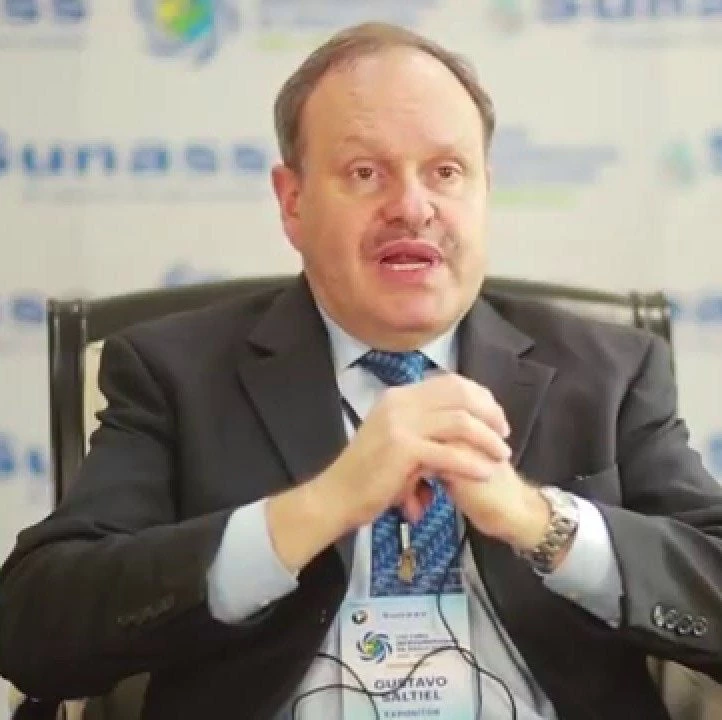During the recent Cooperation in International Water in Africa (CIWA) annual meetings with the Nile Basin Initiative (NBI) and partners of the Nile Basin Trust Fund there was continued support for advancing transboundary investments around the Nile.
Before the CIWA meetings, we visited the site for the Rusumo Falls Hydroelectric Project, a joint undertaking and collaboration between Burundi, Rwanda and Tanzania. This project, with construction expected to be complete by 2016, represents a major milestone for transboundary cooperation for the Nile and the participating countries. It is a significant achievement that certainly has not been without its challenges as the Rusumo Falls were initially identified, as early as the 1970s for potential hydropower generation. A number of barriers such as civil conflict, a lack of financial resources and, more important, of an effective mechanism for coordination hindered its progress and realization. Rusumo Falls, a US$470 million project, is expected to generate 80 megawatts of hydroelectric power. This represents a huge and sorely needed boost of power supply in the three countries, doubling electricity access rates in Burundi for 520,000 people, for roughly 467,000 people in Rwanda, and 159,000 people in Tanzania. Many of the communities in the Rusumo area greatly anticipate and look forward to the increases in electricity access as well as increased availability of water for other productive purposes.
With increased demand for engagement, our plans are to replicate the Rusumo Falls case. CIWA’s program provides support for cooperative water resources management and development in a transboundary context, including basins, aquifers, lakes—or generically, “basins.”
This year, CIWA influenced a number of notable outcomes, including an agreement between Botswana, Lesotho, and South Africa to cooperate on water resources development, which materialized through a Memorandum of Understanding. CIWA also advanced key partnerships with two Regional Economic Communities, the Southern Africa Development Community and the Economic Community of West African States. CIWA engagements complement ongoing World Bank and/or partner programs or continue to build on existing work. CIWA’s commitment to developing shared solutions based on trust and which emphasize project excellence, technical feasibility, knowledge and environmental and social sustainability remains a key focus.
As we look forward, in support of Africa’s increasing growth and evolving opportunities, we are grateful to our African partners and donors whose contributions, in support of sustainable, climate-resilient growth, help to accelerate the development and management of international waters in Africa. As CIWA moves into its third year, we are excited about potential new engagements in West Africa and the Sahel region where our focus will be on enhancing and facilitating more productive water use as well as increasing cooperation and climate-resilient growth around crucial transboundary initiatives currently under development in the region.


Join the Conversation